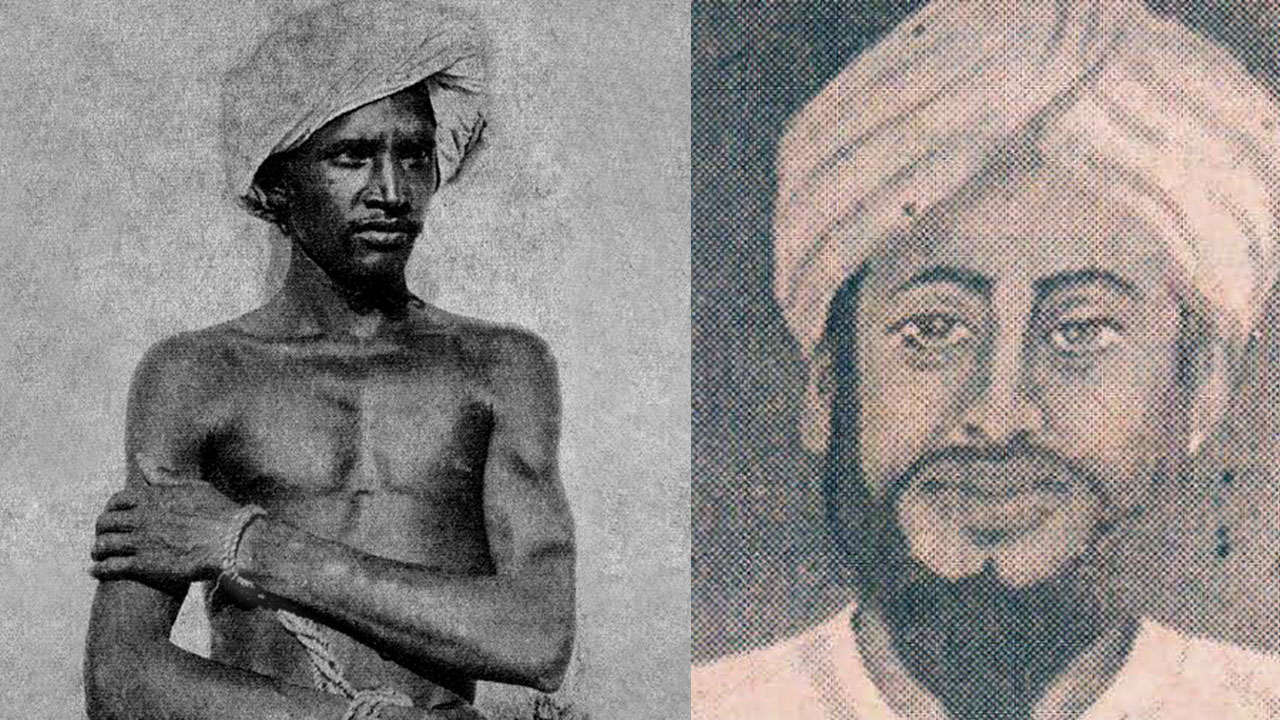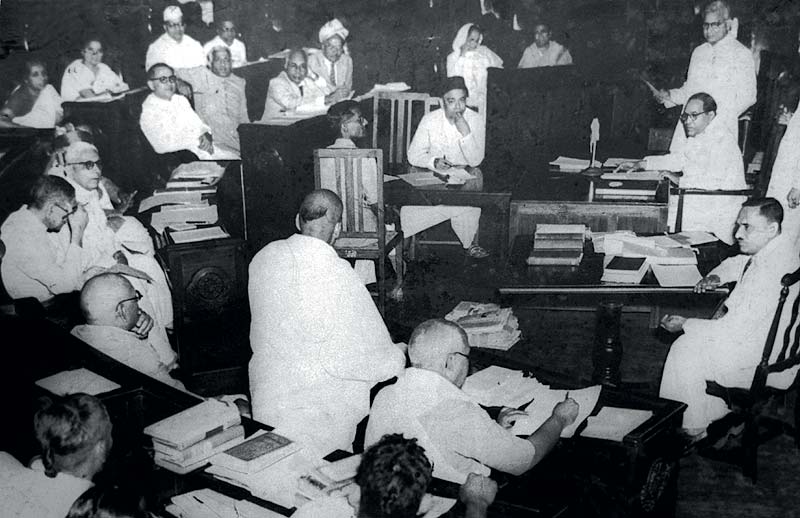Based on their understanding of the past and the present, experienced, far-sighted authors are often able to accurately depict the future in their works. Phanishwarnath Renu, a man of many talents and an excellent portrayer of rural life, had this quality, too. He had done an in-depth study of rural society, which was in the middle of a transition. He had lived through the Quit India Movement of 1942 and had carved out a niche for himself as a revolutionary thinker and writer in the early years of Independence. Renu stayed abreast of the socio-economic changes sweeping through north India, Nepal, some parts of east India and the then East Pakistan (now Bangladesh). In some cases, he was also directly or indirectly involved in these developments.
Related Articles
As Jharkhand turns 24, a reason to celebrate and a reality check
Jharkhand stands at a crossroads. The state must strike a balance between preserving its rich cultural heritage and meeting the demands of modernization and...
How Ambedkar began mobilizing for conversion 20 years before the event
Ambedkar said that religious conversion was no child’s play and that it couldn’t be achieved with merely political measures. It had to be realized...
Ambedkar’s hitherto unseen intercontinental-travel and census records, some of which expose baseless claims
A powerful, authoritative biography of Dr Ambedkar, one that is based solely on hard, verifiable evidence, and not hearsay, is yet to be written....
Ambedkar the democrat shone in the making of the Indian Constitution
Unlimited powers were not vested in the Indian president. Instead, it was Parliament which was vested with all the powers. That was meant to...
Jagdeo Prasad wanted to forge a national confederation representing the exploited classes
‘DMK has been formed in Madras, Shoshit Dal in Bihar and Rashtriya Shoshit Sangh in Uttar Pradesh to secure freedom from the upper-caste imperialists....





